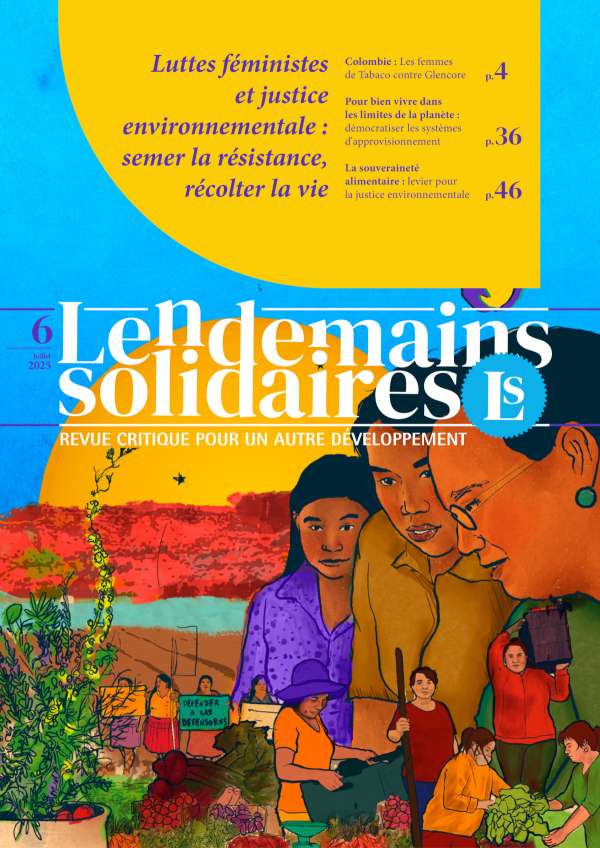CETIM focuses on the promotion and implementation of economic, social and cultural rights (ESCR). They are the backbone of human rights and a powerful tool for achieving a self determinated development model by peoples. This is particularly true for the most vulnerable and marginalised populations. Properly implemented, these rights contribute to the respect for human dignity and to the achievement of social justice. On the contrary, the violation of any of them can jeopardise the enjoyment of all the others.
The universality, indivisibility and interdependence of human rights are enshrined in international instruments. Yet, we are still a long way from their effective implementation for all, and ESCR are among the worst off. Indeed, the basic needs (food, water, health, housing, education) of a third of humanity are still not being met. In some respects, the situation has even deteriorated, including in the countries of the North. This is due to the fact that the policies adopted at economic level accentuate ESCR violations and cause
– increased poverty
– growing inequality across the world
– multiple crises (political, economic, financial, environmental, social and cultural).
By definition, human rights are designed to protect citizens from the arbitrary actions of the most powerful and their governments
The international health crisis linked to COVID-19 has only exacerbated this situation. It has also shown the importance of implementing public policies based on ESCR. In particular, the right to health, the right to housing, the right to food, the right to water, the right to work, the right to education and the right to social security.
But for human rights to be better respected, they must be known, they must be demanded and they must be enforced. However, victims are often unaware of their rights and of the mechanisms available to them for appealing (at national, regional or international level). States, which have an obligation to inform and educate their citizens about human rights, often fail in their duties.
The role played by civil society organisations and social movements in human rights education and training is therefore crucial
– to denounce human rights violations
– to contribute to the implementation of existing standards.
Access the Critical Report in PDF Presentation The existence of such a body is of the greatest importance, not only for the promotion and the protection of all human rights, but also for the establishment of new norms in this area, involving the participation of all countries in all their diversity, so that human rights […]
Continue reading
HUMAN RIGHTS COUNCIL 7th session March 03 – March 28, 2008 [Excerpt from the declaration] While the Independent Expert’s latest report contains some interesting proposals, such as harmonizing the internal procedures, statutes and structures of the International Financial Institutions (IFIs) with respect for human rights, or introducing the costs of preventing violations of international human […]
Continue reading
HUMAN RIGHTS COUNCIL 7th session 03 March – 28 March 2008 [Excerpt from the statement] The Guiding Principles rightly describe poverty as a ‘violation of human dignity’. In this context, we consider that it is very important to have a legal framework that gives priority to the eradication of poverty, whether ‘extreme’ or not. In […]
Continue reading
HUMAN RIGHTS COUNCIL 7th session 03 March – 28 March 2008 Read the CETIM’s written statement Summary of the problem Since the Chernobyl catastrophe, between 5-8 million people1 in Belarus, the Ukraine and the Russian Federation continue to live in areas that remain heavily contaminated. Up to 90% of the radiation dose received by the […]
Continue reading
HUMAN RIGHTS COUNCIL 7th session 03 March – 28 March 2008 Read the CETIM’s written statement In France, a country with 3.3 million persons inadequately housed or homeless, and 6 million in a situation of real precariousness, it is urgent to create the conditions necessary for the implementation of the right to housing!1 From Words […]
Continue reading
« Previous
1
…
27
28
29
30
31
…
45
Next »


